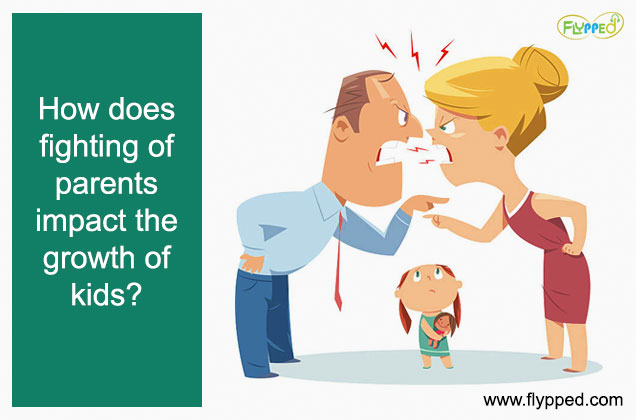Kids may perhaps not listen when they are told to clean their rooms, but when parents are having a raised voices, door-slamming fight, children have all ears. And what they are hearing is not good for them, according to a new study from Cardiff University, which states that conflict in front of children can cause them serious damage.
There is a saying that children are like sponges, and they absorb the world around them. it is especially factual of the emotional atmosphere that surrounds them. When it comes to the relationship between their parents, no any irritated eye-rolls goes unseen, and no any whispered criticism goes unheard. No matter how hard we may try to cover problems, children are very perceptive to the conflicts between their parents and are directly influenced by the way of interaction of their parents.
When parents feel fulfilled in themselves and in their relationship, they are very less expected to pull on their kids. When the own emotional needs of the parents are met, they provide their children a sense of strength and protection from which the child could experience the world. A parent’s cheerfulness allows children to feel happy and to trust their parent to meet their emotional requirements.
Tips to Keep Parent Arguments in Check
Keep the argument on the issue: Parent should try not to let the argument go up to yelling, name-calling, or throwing objects. Children are emotionally hurt when two people they love are having a fight.
Save intense arguments for times when the children are not around: The loud voice and angry words of the parents can make their children feel scared, sad, or upset.
Don’t involve children in a argument: No matter what the conflict is about, do not ask children for their opinion or insist children to take sides. children are expected to maintain a positive, affectionate image of both parents.
Let your children see you make up: It’s essential for children to see their parents make up with one another. If the topics are suitable, speak to your children about it.
Reassure your children that you love them & your partner: Reassure your children that you love your partner even though you may be angry. Moreover, assure your children that you love them. No matter what is going on between parents, children need regular assurance that both parents love them. Remember, the importance of caring can help in reducing children’s anxiety and building their self-respect.
Know your child: every child is unique in his or her response to stress and unease. constantly speak to your children about their feelings when arguments take place.
Making up might not make everything better for children: children have the potential to store hidden anxieties and worries from the parents. Family clashes certainly take its toll. Again, knowing your children is the best way to get over the tension and resolve family issues.
conclusion
Differences and conflict are the normal part of relationships. Whether parents are divorced or married, issues will happen which might result in an argument. But what is important for children and for parents is to reduce the amount, the intensity, and the visibility of arguments & conflicts when they do take place. If appropriate, ensure your children to include in the resolution of the argument and continue to be available and open to their concerns and questions.

























